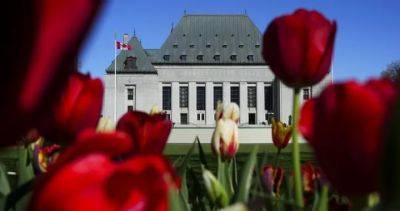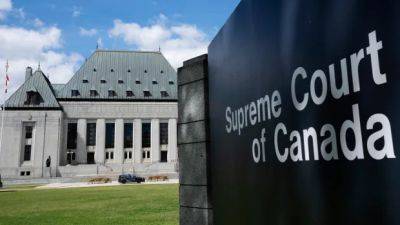Grassy Narrows First Nation appeals to international human rights commission over mercury contamination
In its efforts to press the Ontario and federal governments to do more to address mercury contamination of its river, Grassy Narrows First Nation told the Inter-American Commission on Human Rights (IACHR) that many community members have «lost hope» and struggle to go to work and school.
During the virtual public hearing on Tuesday, members of Asubpeeschoseewagong Anishinabek, known as Grassy Narrows First Nation, called for justice after decades of mercury poisoning.
Contamination of the English-Wabigoon River system dates back to the 1960s and '70s, during which time the Dryden Paper Mill dumped an estimated nine tonnes of mercury into the water, affecting the Ojibway First Nations of Grassy Narrows and Wabaseemoong Independent Nation.
The IACHR, which is headquartered in Washington, D.C., addresses human rights conditions and violations in the Organization of American States (OAS). Canada is among 35 member states (countries) of the OAS.
Tuesday's hearing was held during the IACHR's 190th period of sessions that began Monday and run until July 19, both virtually and in person in Washington.
Grassy Narrows's case points to potential human rights violations under the American Declaration of the Rights and Duties of Man, relating to the First Nation's ability to protect its culture, the health and well-being of its people, and its social and economic security.
«Many [community members] have lost hope, to the point that they don't even try to live a normal life as we know it, such as going to work or going to school,» Chief Rudy Turtle told the hearing. «They've lost their motivation to continue with their activities.»
While no decision was made at the hearing's conclusion, the IACHR can make recommendations to the state







